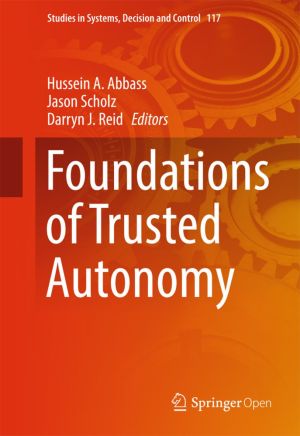
This book establishes the foundations needed to realize the ultimate goals for artificial intelligence, such as autonomy and trustworthiness. Aimed at scientists, researchers, technologists, practitioners, and students, it brings together contributions offering the basics, the challenges and the state-of-the-art on trusted autonomous systems in a s...
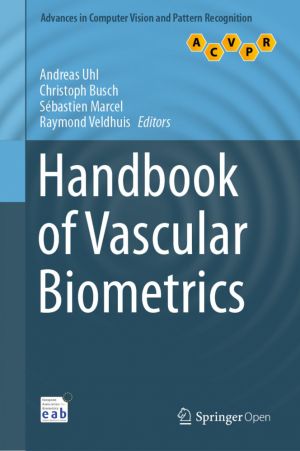
This open access handbook provides the first comprehensive overview of biometrics exploiting the shape of human blood vessels for biometric recognition, i.e. vascular biometrics, including finger vein recognition, hand/palm vein recognition, retina recognition, and sclera recognition. After an introductory chapter summarizing the state of the art i...

As the American election administration landscape changes as a result of major court cases, national and state legislation, changes in professionalism, and the evolution of equipment and security, so must the work of on-the-ground practitioners change. This Open Access title presents a series of case studies designed to highlight practical response...

The papers presented in this open access book address diverse challenges in decarbonizing energy systems, ranging from operational to investment planning problems, from market economics to technical and environmental considerations, from distribution grids to transmission grids, and from theoretical considerations to data provision concerns and app...

This open access book, authored by a world-leading researcher in this field, describes fundamentals of dynamic spectrum management, provides a systematic overview on the enabling technologies covering cognitive radio, blockchain, and artificial intelligence, and offers valuable guidance for designing advanced wireless communications systems. This b...
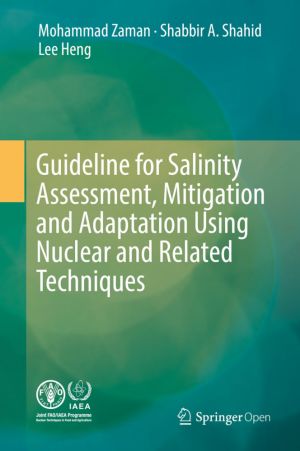
This book is an outcome of the collaboration between the Soil and Water Management & Crop Nutrition Section, Joint FAO/IAEA Division of Nuclear Techniques in Food and Agriculture, Department of Nuclear Sciences and Applications, International Atomic Energy Agency (IAEA), Vienna, Austria, and the International Center for Biosaline Agricultur...

This book illustrates the benefits to be gained from digitally networked communication for health, education and transitioning economies in developing nations (Sierra Leone and Papua New Guinea) and developed nations. Growing powers of e-citizenship can help build sustainable futures. This small volume provides a collection of examples and ideas fr...
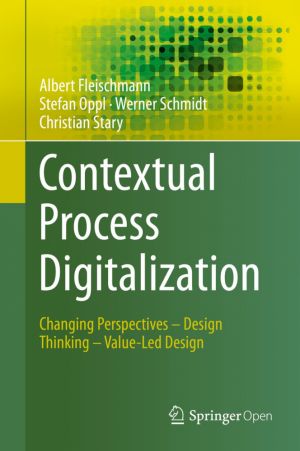
This free book presents an overview and step-by-step explanation of process management. It starts with the individual participants' perspectives on their work in a process and its structuring and harmonization, and then moves on to its specification in a model and how it is embedded in the organizational and IT environment of the company. Last...
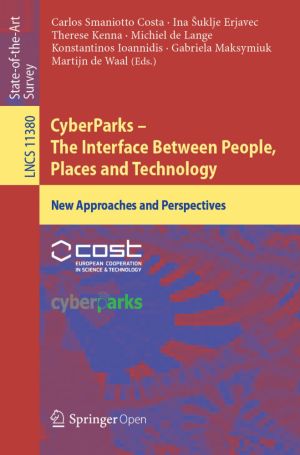
This book is about public open spaces, about people, and about the relationship between them and the role of technology in this relationship. It is about different approaches, methods, empirical studies, and concerns about a phenomenon that is increasingly being in the centre of sciences and strategies – the penetration of digital technologies in...

This book, building on research initiated by scholars from the Leiden-Delft-Erasmus Centre for Global Heritage and Development (CHGD) and ICOMOS Netherlands, presents multidisciplinary research that connects water to heritage. Through twenty-one chapters it explores landscapes, cities, engineering structures and buildings from around the world. It ...
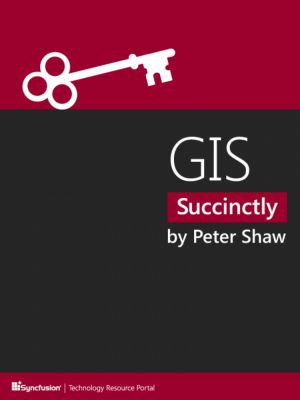
Geographic information systems (GIS) use a complex mix of cartography, statistical analysis, and database technology to provide everything from web-based interfaces, such as Bing Maps and Google Maps, to tracking applications for delivery services. With GIS Succinctly, author Peter Shaw guides you through it all, starting with a detailed examinatio...
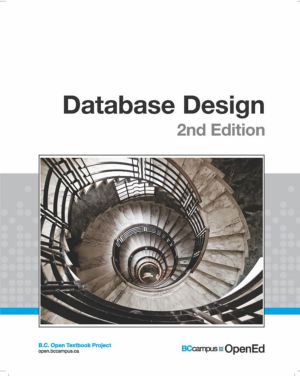
Database Design, 2nd Edition covers database systems and database design concepts. New to this edition are SQL info, additional examples, key terms and review exercises at the end of each chapter.
Topics include:The history of databases; Characteristics and benefits of databases; Data models; Data modelling; Classification of database management...

This landmark text describes research-informed practices and applications of Medical Family Therapy (MedFT) across an array of care environments and clinical populations. It is a timely release for a rapidly growing field and ably contextualizes MedFT within a myriad of areas, including family medicine, obstetrics and gynecology, psychiatry, alcoho...
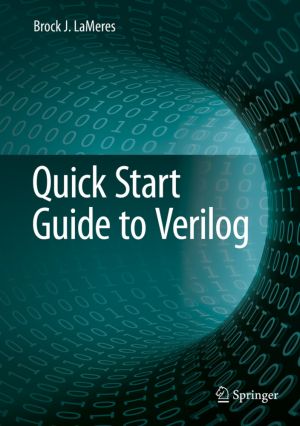
This book provides a starter's guide to Verilog, to be used in conjunction with a one-semester course in Digital Systems Design, or on its own for readers who only need an introduction to the language. This book is designed to match the way the material is actually taught in the classroom. Topics are presented in a manner which builds foundati...

This book presents theory and practice in the context of automatic control education. It presents the relevant theory in the first eight chapters,applying them later on to the control of several real plants. Each plant is studied following a uniform procedure: a) the plant’s functionis described, b) a mathematical model is obtained, c) plant cons...
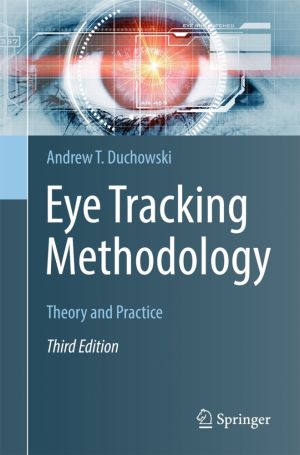
Focusing on recent advances in analytical techniques, this third edition of Andrew Duchowski’s successful guide has been revised and extended. It includes new chapters on calibration accuracy, precision and correction; advanced eye movement analysis; binocular eye movement analysis; practical gaze analytics; eye movement synthesis. Eye Tracking ...

This book provides a comprehensive and systematic overview of the main topics of taxation in European law. The sequence of arguments follows an institutional logic, respecting the academic tradition of tax law. It first outlines the general framework of EU institutions, with a particular focus on the set of regulations regarding taxation with refer...

This book develops the essential tools of linear algebra, with the goal of imparting technique alongside contextual understanding. Applications go hand-in-hand with theory, each reinforcing and explaining the other. This approach encourages students to develop not only the technical proficiency needed to go on to further study, but an appreciation ...

This textbook is a step-by-step tutorial on the applications of Geographic Information Systems (GIS) in environmental and water resource issues. It provides information about GIS and its applications, specifically using the most advanced ESRI GIS technology and its extensions. Eighteen chapters cover GIS applications in the field of earth sciences ...
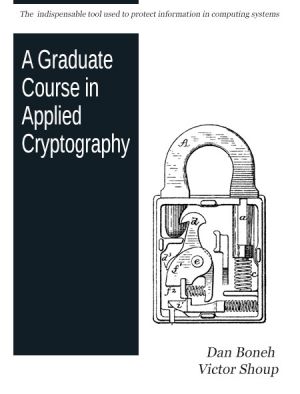
Cryptography is an indispensable tool used to protect information in computing systems. It is used everywhere and by billions of people worldwide on a daily basis. It is used to protect data at rest and data in motion. Cryptographic systems are an integral part of standard protocols, most notably the Transport Layer Security (TLS) protocol, making ...
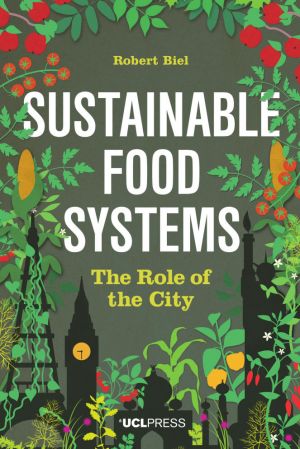
Faced with a global threat to food security, it is perfectly possible that society will respond, not by a dystopian disintegration, but rather by reasserting co-operative traditions. This book, by a leading expert in urban agriculture, offers a genuine solution to today's global food crisis. By contributing more to feeding themselves, cities c...

Suppose you sit down at your computer to check your email. One of the messages includes an attached document, which you are to edit. You click the attachment, and it opens up in another window. After you start editing the document, you realize you need to leave for a trip. You save the document in its partially edited state and shut down the comput...
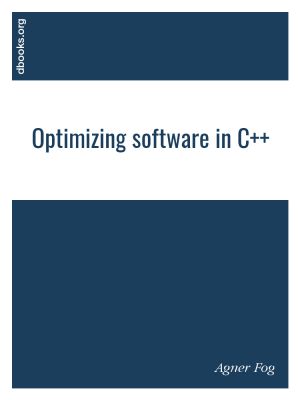
This is an optimization manual for advanced C++ programmers. This book are not for beginners.
Topics include:
- The choice of platform and operating system.
- Choice of compiler and framework.
- Finding performance bottlenecks.
- The efficiency of different C++ constructs.
- Multi-core systems.
- Parallelization with vector operations.
- CPU dispa...
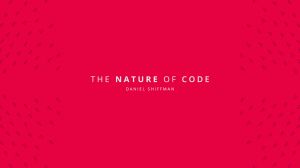
How can we capture the unpredictable evolutionary and emergent properties of nature in software? How can understanding the mathematical principles behind our physical world help us to create digital worlds? This book focuses on a range of programming strategies and techniques behind computer simulations of natural systems, from elementary concepts ...
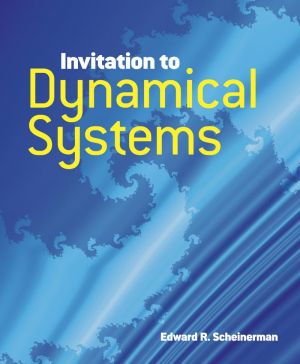
Designed for those wishing to study mathematics beyond linear algebra but unready for abstract material, this "invitation" to the excitement of dynamical systems appeals to readers from a wide range of backgrounds. Rather than taking a theorem-proof-corollary-remark approach, it stresses geometry and intuition. Topics include both the cla...
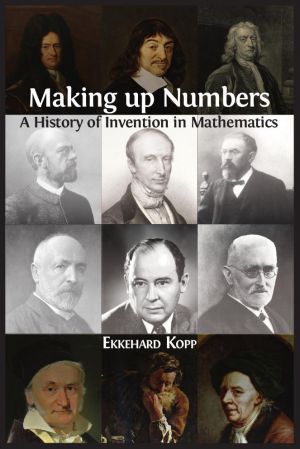
Making up Numbers: A History of Invention in Mathematics offers a detailed but accessible account of a wide range of mathematical ideas. Starting with elementary concepts, it leads the reader towards aspects of current mathematical research.
The book explains how conceptual hurdles in the development of numbers and number systems were overcome i...
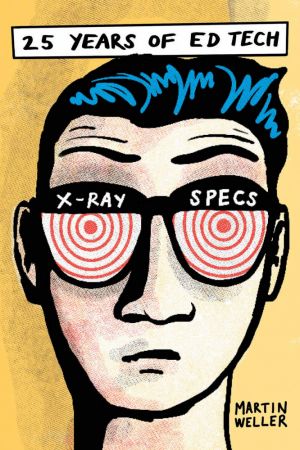
In this lively and approachable volume based on his popular blog series, Martin Weller demonstrates a rich history of innovation and effective implementation of ed tech across higher education. From Bulletin Board Systems to blockchain, Weller follows the trajectory of education by focusing each chapter on a technology, theory, or concept that has ...

Two dramatically different philosophical approaches to classical mechanics were proposed during the 17th - 18th centuries. Newton developed his vectorial formulation that uses time-dependent differential equations of motion to relate vector observables like force and rate of change of momentum. Euler, Lagrange, Hamilton, and Jacobi, developed power...
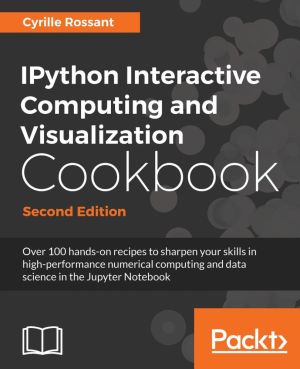
Python is one of the leading open source platforms for data science and numerical computing. IPython and the associated Jupyter Notebook offer efficient interfaces to Python for data analysis and interactive visualization, and they constitute an ideal gateway to the platform.
IPython Interactive Computing and Visualization Cookbook, 2nd Edition ...
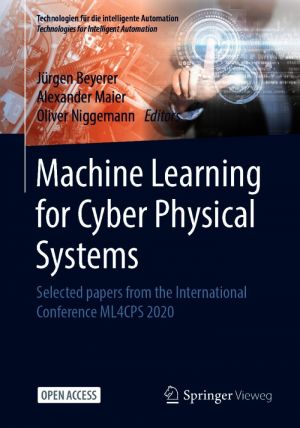
This open proceedings presents new approaches to Machine Learning for Cyber Physical Systems, experiences and visions. It contains selected papers from the fifth international Conference ML4CPS - Machine Learning for Cyber Physical Systems, which was held in Berlin, March 12-13, 2020. Cyber Physical Systems are characterized by their ability to ada...

This open book have three themes have been central to Leydesdorff's research: (1) the dynamics of science, technology, and innovation; (2) the scientometric operationalization of these concept; and (3) the elaboration in terms of a Triple Helix of university-industry-government relations. In this study, I discuss the relations among these them...
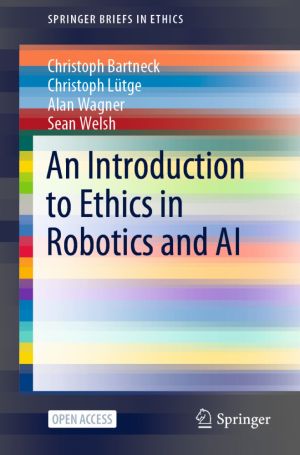
This open book introduces the reader to the foundations of AI and ethics. It discusses issues of trust, responsibility, liability, privacy and risk. It focuses on the interaction between people and the AI systems and Robotics they use. Designed to be accessible for a broad audience, reading this book does not require prerequisite technical, legal o...
